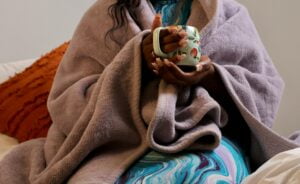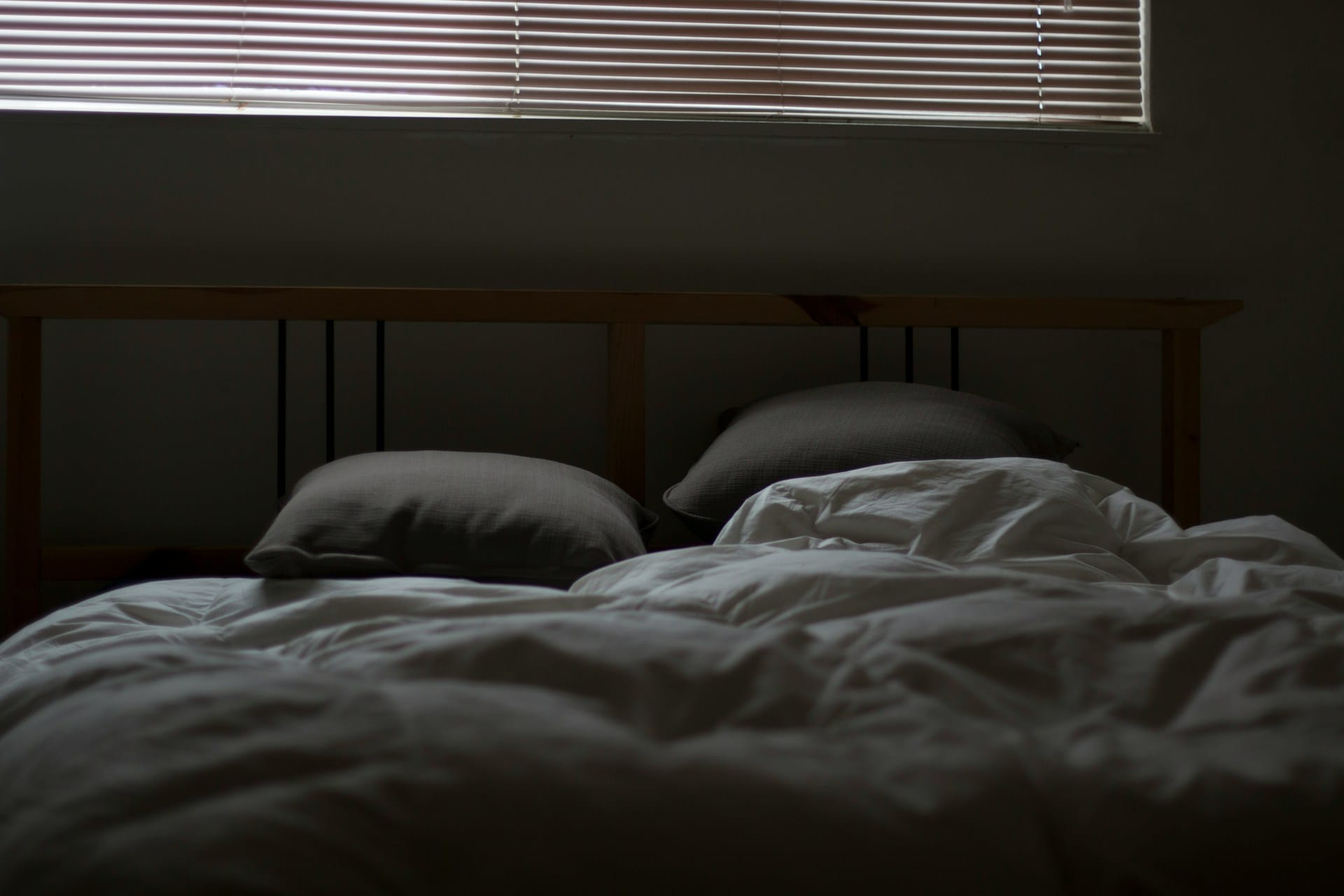When reducing anxiety, we need to employ a holistic approach. Diverse strategies are needed to target the physical, mental, and emotional side of our being. Everything is interconnected and when one area is not well, all areas suffer. This is the reason a well-rounded approach works best when tackling issues with stress and anxiety.
 Anxiety is the feelings you experience as a response to stress or a perceived threat. It can be characterized by excessive worry, sleepless nights, fatigue, irritability, and restlessness. We all experience anxiety from time to time; it is normal.
Anxiety is the feelings you experience as a response to stress or a perceived threat. It can be characterized by excessive worry, sleepless nights, fatigue, irritability, and restlessness. We all experience anxiety from time to time; it is normal.
However, when it becomes debilitating and interferes with your day-to-day functioning, you need to take note and take care of yourself. Below are some common self-care strategies you can use to reduce the effects of anxiety.
Self-care strategies for reducing anxiety
Boundaries.
Part of taking care of yourself and reducing anxiety in your life is by having boundaries. Boundaries are simply ways in which you live that give you room to take on only what you have the capacity for and refusing to engage in what you do not have the strength to do. Stress and anxiety are reduced because you are not overwhelmed. It makes room and space for the things that build you up instead. It also avoids over-functioning in relationships.
Discipline.
A lot of stress and anxiety comes from not being able to manage time wisely and not being disciplined in doing what we are supposed to do. Having a disciplined life means you are not living a life of catching up, but rather managing tasks and responsibilities promptly. This reduces a significant amount of stress and anxiety, leaving you feeling capable, calm, and confident.
Healthy diet.
We rely on our body to be in good working order for us to thrive. Taking care of your body is an essential part of self-care. This includes eating healthily. To give your body a fighting chance, you need to maintain a balanced diet that consists of fruits, vegetables, seeds, fish, and lots of water, while also avoiding or cutting down on processed foods, sugar, caffeine, and alcohol.
Physical activity.
Physical activity can seem daunting to many. It has however been researched that even the most basic exercises like walking or running each day can help with stress and anxiety reduction. Exercising helps the body release endorphins thus lowering stress hormones.
Building a community.
We heal and grow in the community. Having a group of people we love and who love us can reduce anxiety. Whether from church, work, friends, or one’s family, building and maintaining community makes for healthy relationships and support in stressful circumstances.
 Prayer.
Prayer.
Prayer, as a regular practice in your life, helps to settle a racing mind and an anxious heart and mind. Prayer gives people the opportunity to commune with God, lay all their troubles at His feet, and know that He will help and guide them through.
Relaxation.
Rest promotes good mental and emotional health, which will in turn curb the effects of anxiety. Reading, taking a relaxing bath, walking in nature, listening to music, or watching your favorite movie all serve to relax your body and reduce anxiety.
Doing the things you enjoy relaxes your mind. Making rest a priority could look like taking time off work. It could be a day at home alone, doing what you love, or booking a holiday, just to get away from it all and reset.
Reach out for help.
If you need help knowing more about how self-care can assist in anxiety reduction, please reach out to us today at Grapevine Christian Counseling. We will connect you with a trained counselor who is ready to help you discover how to reduce anxiety in your life and self-care practices that bring joy.
“Comfy with Coffee”, Courtesy of Sir Manuel, Unsplash.com, Unsplash+ License; “On the Beach at Dawn”, Courtesy of Tasha Marie, Unsplash.com, Unsplash+ License
- Joanna Kucherera: Author
Hi there! I am Joanna Kucherera, a Writer, Speaker, and Trainer with a
passion for mental health awareness, relationships, and family counseling.
I hold an Honours degree in Psychology from The University of Zimbabwe.
Beyond my professional endeav...Recent Posts
DISCLAIMER: THIS ARTICLE DOES NOT PROVIDE MEDICAL ADVICE
Articles are intended for informational purposes only and do not constitute medical advice; the content is not intended to be a substitute for professional medical advice, diagnosis, or treatment. All opinions expressed by authors and quoted sources are their own and do not necessarily reflect the opinions of the editors, publishers or editorial boards of Stone Oak Christian Counseling. This website does not recommend or endorse any specific tests, physicians, products, procedures, opinions, or other information that may be mentioned on the Site. Reliance on any information provided by this website is solely at your own risk.





